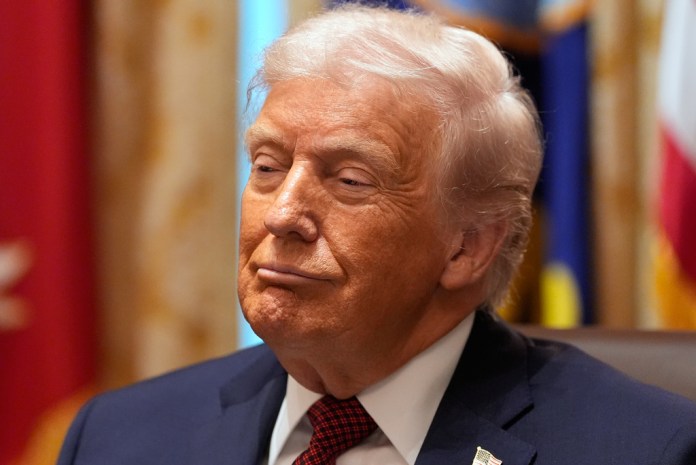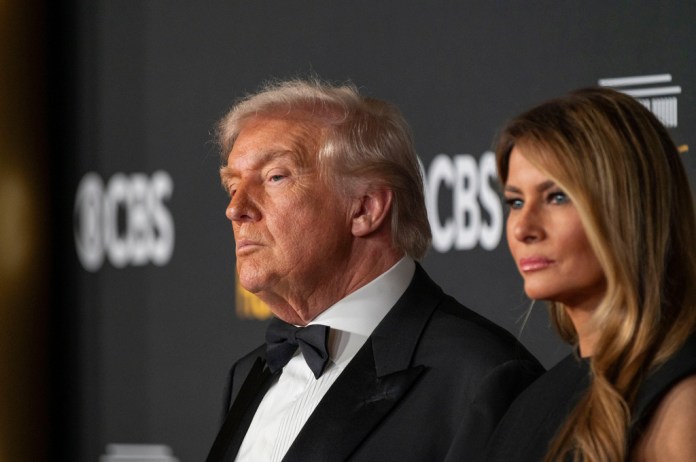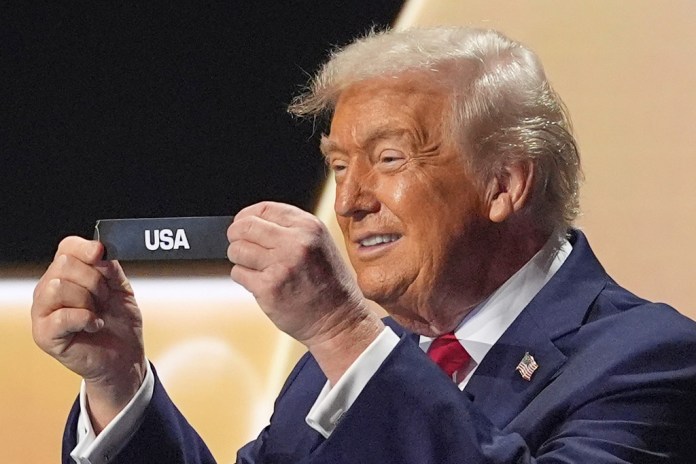Media Efforts To Make Signalgate A Scandal Are Sign It’s Not One
The article discusses the “Signalgate” controversy involving a group chat that included high-level officials from the Trump administration discussing military actions in Yemen. it highlights the accidental inclusion of a media figure, Jeffrey Goldberg, in the chat by National Security Advisor Mike Waltz, raising questions about how that occurred. The chat contained debates about U.S. foreign policy but no clear classified information, as the administration claimed the exchanged content was not sensitive. Criticism has been directed at media exaggeration regarding the chat’s meaning, especially concerning potential security risks connected to another official’s presence in the chat while in Russia. The article further explores concerns about recordkeeping and the implications of including a known anti-Trump journalist in such discussions, noting that the circumstances surrounding that inclusion remain murky. the article suggests that the narrative surrounding “Signalgate” may have been inflated and doubts the validity of claims regarding its content and impact.
There are still pieces of the “Signalgate” saga of interest — like how did the worst person in Washington end up in the chat? But what would have been a relatively minor controversy has been so excessively hyped up as an epic scandal that it’s impossible to remember why it aroused anyone in the first place.
What we know from screenshots of a Signal smartphone group chat published in The Atlantic on Monday (followed by another round of screenshots on Wednesday) is that a couple of weeks ago, high-level Trump administration officials were in the chat debating the merits of a U.S. attack on the Islamic Houthi militants in Yemen. The Atlantic’s Jeffrey Goldberg, who is proven to make things up for the sake of defaming President Trump, said he was included in the chat by National Security Advisor Mike Waltz, who has confirmed as much, though he said it was accidental and he doesn’t know how Goldberg was added.
There are legitimate concerns about federal recordkeeping and handling of sensitive communications, but to the extent that the content of the chat is newsworthy, it features an interesting debate on foreign policy between Vice President J.D. Vance, Defense Secretary Pete Hegseth, and others. What’s most consequential is a portion in which Hegseth tells the chat the times that some targets will be bombed on a specific day, without specific locations, names, or routes.
It’s debatable whether the information was classified (the administration says it wasn’t) or could have potentially endangered lives — what good is a time without a location? — but per usual, the media haven’t let enough be enough. Before publishing the full screenshots, Goldberg claimed that in the chat Waltz had identified a covert CIA agent, which wasn’t true; and he suggested that explicitly named in the chat were specific enemy targets, which was also untrue.
Then a Wall Street Journal editorial said the “real security scandal” was that Trump’s special envoy Steve Witkoff, who is at the center of peace negotiations in Israel and Ukraine, was on the chat while in Russia and therefore, “Russian intelligence services must be listening to Mr. Witkoff’s every eyebrow flutter.” There’s no evidence that Witkoff’s phone was on him while he was in Russia, and the one message from him in the screenshots would have placed him back in the U.S. at the time it was sent. Witkoff has said he only had a secure device while he was in Russia.
Most irksome are subsequent news articles characterizing the chat screenshots as containing “details” and “specifics” on the military attacks, when it’s at best unclear how useful time stamps alone would be in thwarting them. It’s a pointless mind exercise anyway. The public knew nothing about the conversation or the military attack plans until days after they were executed. If that’s to Goldberg’s credit, then congratulations to him — he’s not a complete and total traitor to his country, even if he is anti-American in every other way.
That brings us to the enduring point of concern with this highly oversold story: Why did Mike Waltz have Goldberg’s contact information? What are the odds that this exact anti-Trump media figure would be selected to slip into a sensitive group chat? Waltz has offered doubtful explanations and theories, such as the possibility that Goldberg’s number was listed under the wrong name in his phone contacts or, even more dubious, that Goldberg’s contact was “sucked in” via a third party. Waltz has also said he thought Goldberg was “someone else.” Okay, who? Either Waltz never intended to include the contact belonging to Goldberg — “sucked in” — or he did but thought it was a different person. It can’t be both.
It’s possible Waltz really has no clue what took place there. Stranger things have happened. But his version of events isn’t satisfying. It’s to his benefit that it’s the one part of this whole episode receiving the least amount of attention from the people keeping the story alive.
" Conservative News Daily does not always share or support the views and opinions expressed here; they are just those of the writer."




